Dairy products have long been a dietary staple, offering essential nutrients. Recently, concerns about hormones in milk have raised questions. In this blog, we’ll explore the facts, debunk myths, and discuss the potential effects on various age groups.
The Basics: Hormones in Milk
First, it’s important to understand that all milk, whether organic or conventional, contains small amounts of natural hormones. These hormones are naturally produced by all mammals, including cows, to regulate body functions such as growth and reproduction. When it comes to milk, these hormones are present in such minimal amounts that they pose no health risk to humans, regardless of age.
However, confusion arises due to the use of synthetic bovine growth hormones (rBGH or rBST) by some dairy farmers to increase milk production. Despite concerns, studies from organizations like the FDA, World Health Organization (WHO), and National Institutes of Health (NIH) have consistently shown that milk from cows treated with rBST is safe and virtually identical to milk from untreated cows. The hormones do not survive digestion and do not affect human health.
Milk Product’s Effects on the Human Body
Despite scientific assurances, many consumers, especially parents, are concerned about the potential effects of hormones in milk, particularly regarding early puberty and hormonal imbalances in children. A persistent myth suggests that milk hormones cause early puberty in children. However, comprehensive research has debunked this claim. Studies found no link between milk consumption and the onset of puberty. In fact, other factors, such as childhood obesity, play a more significant role in early puberty than milk consumption.
For adults, hormones in milk have no harmful effects. The proteins are broken down during digestion and rendered inactive. Whether you’re consuming Hiroland Dairy’s milk powder or fresh dairy products, you can be assured of their safety. Milk remains a rich source of essential nutrients, including calcium, vitamin D, and protein, which are crucial for bone health, muscle function, and overall well-being.
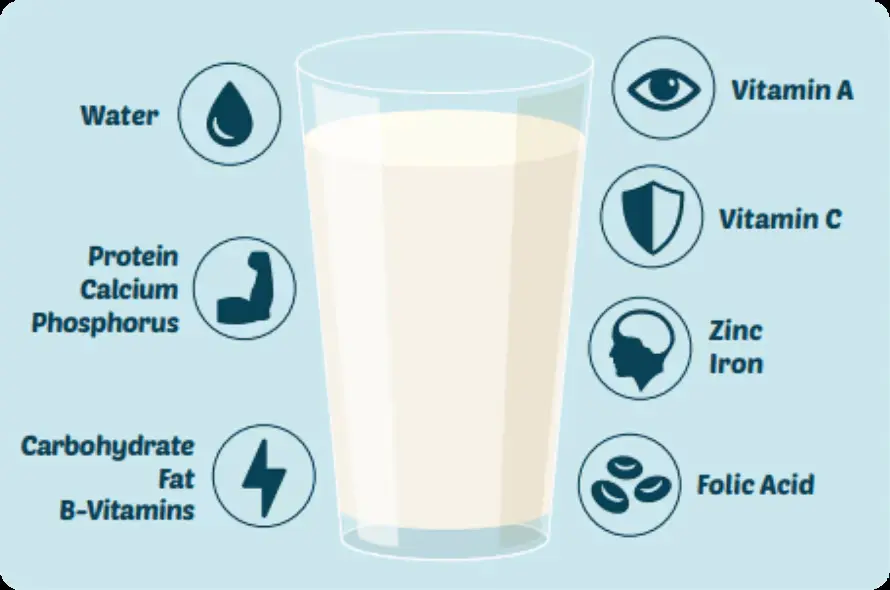
Organic Milk vs. Conventional Milk
When it comes to choosing between organic and conventional milk, the key difference lies in farming practices. Organic milk comes from cows that are not treated with synthetic growth hormones, as regulated by the USDA Organic Standards. While this may appeal to consumers concerned about synthetic hormones, the nutritional profile of organic milk is virtually the same as conventional milk. Both provide the same essential nutrients and are equally safe for consumption.
Many dairy companies, including Hiroland Dairy, offer a variety of milk products to meet consumer preferences. Whether you prefer milk powder for convenience or organic milk for peace of mind, Hiroland ensures that all their products adhere to the highest safety and quality standards.
Hormones in Dairy Products and Different Age Groups
For infants and young children, milk provides the calcium and vitamin D necessary for healthy bone growth. Parents may worry about introducing milk too early, but experts agree that whole milk after the age of one is perfectly safe. Milk powder offers an easy, shelf-stable option for busy parents to ensure their children get their daily dairy intake.
For teenagers, milk continues to be a valuable source of nutrients that support growth during adolescence. Teens often face pressure to cut dairy from their diets, especially with the rise of plant-based alternatives, but they should not overlook the high-quality protein and calcium that milk provides.
For adults and seniors, maintaining bone density is crucial to prevent osteoporosis. Regular consumption of dairy products like Hiroland milk powder can help meet the daily calcium requirements that many adults fall short of. Seniors, in particular, benefit from the easy-to-digest nature of milk products, ensuring they get enough nutrients without added stress on the digestive system.

Hiroland Dairy: Quality You Can Trust
At Hiroland Dairy, we pride ourselves on providing high-quality, nutrient-rich milk products that meet the needs of all age groups. With a focus on safety, transparency, and sustainability, Hiroland is committed to offering the best possible dairy options to our customers.
Conclusion
In conclusion, while the conversation around hormones in milk can be confusing, the science is clear: milk, whether conventional or organic, is safe and beneficial for individuals of all ages. Whether you’re choosing fresh milk, milk powder, or other dairy products, the key is to select brands like Hiroland Dairy that prioritize quality and transparency. Rest assured that our products are designed to support your health and well-being at every stage of life.
Need more related information from Hiroland? please refer to our Contact section.
Read More: Exploring the World of Milk Powders: A Comprehensive Comparison
Read More: The Facts About Hormones In Milk
Hosting


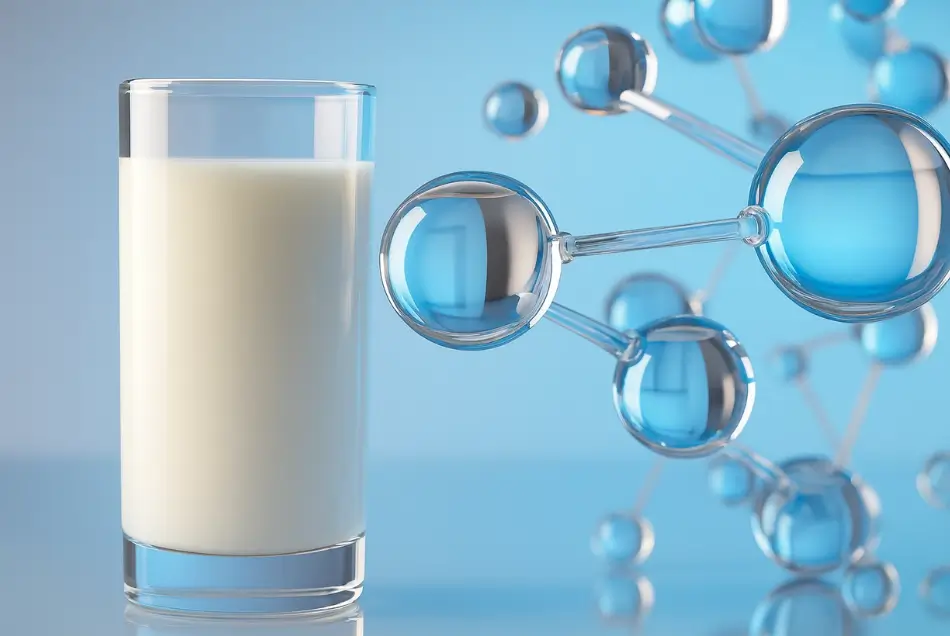

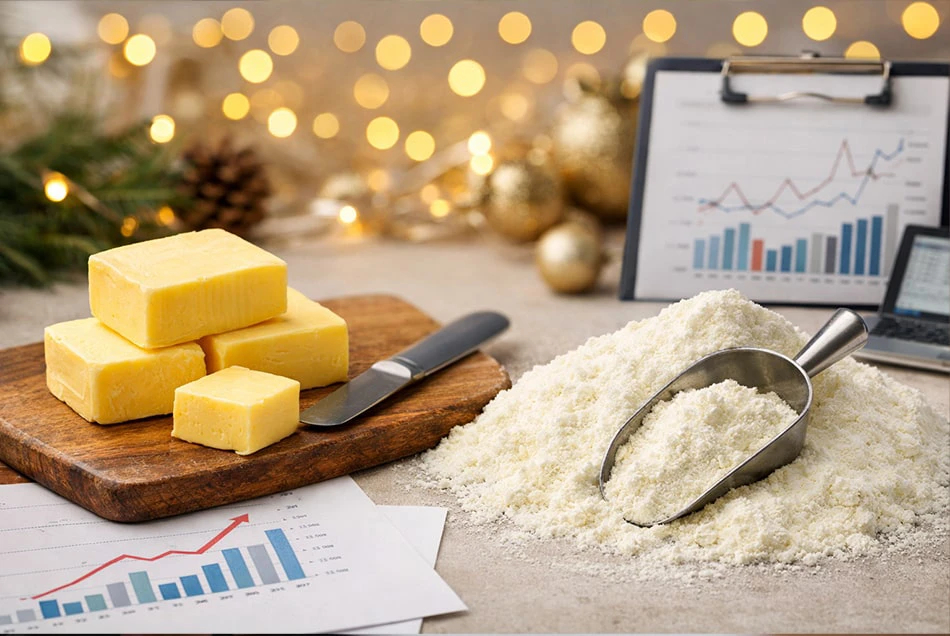
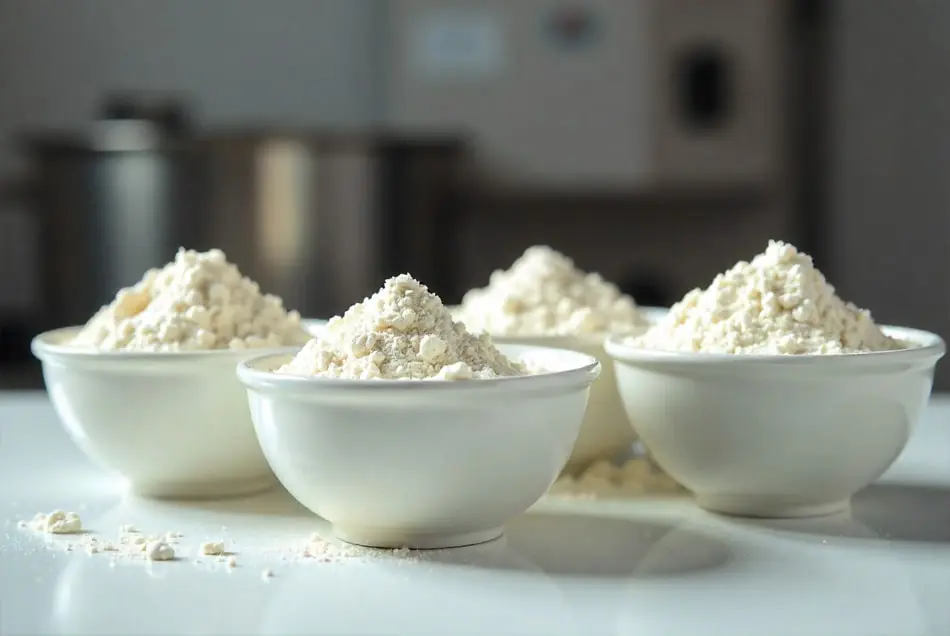



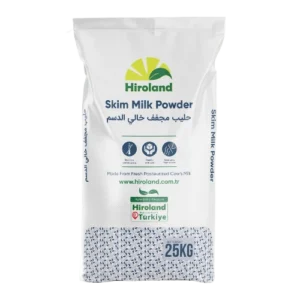

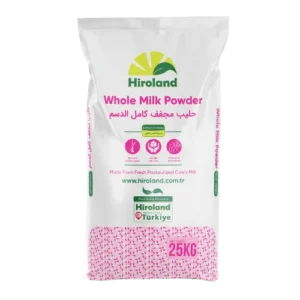
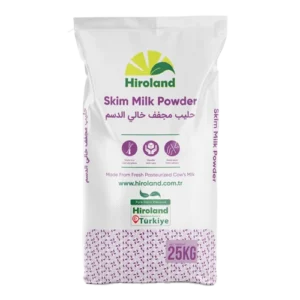
1 thought on “Milk Powder and Dairy Products: Hormones, Health, and Nutrition Explained”
Thanks for this post, I am a big fan of this site would like to continue updated.